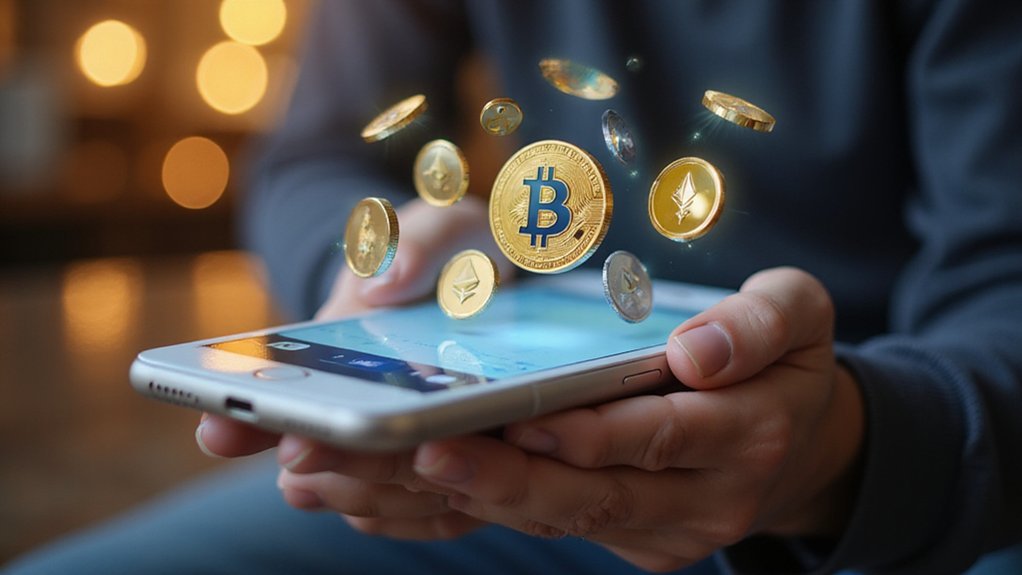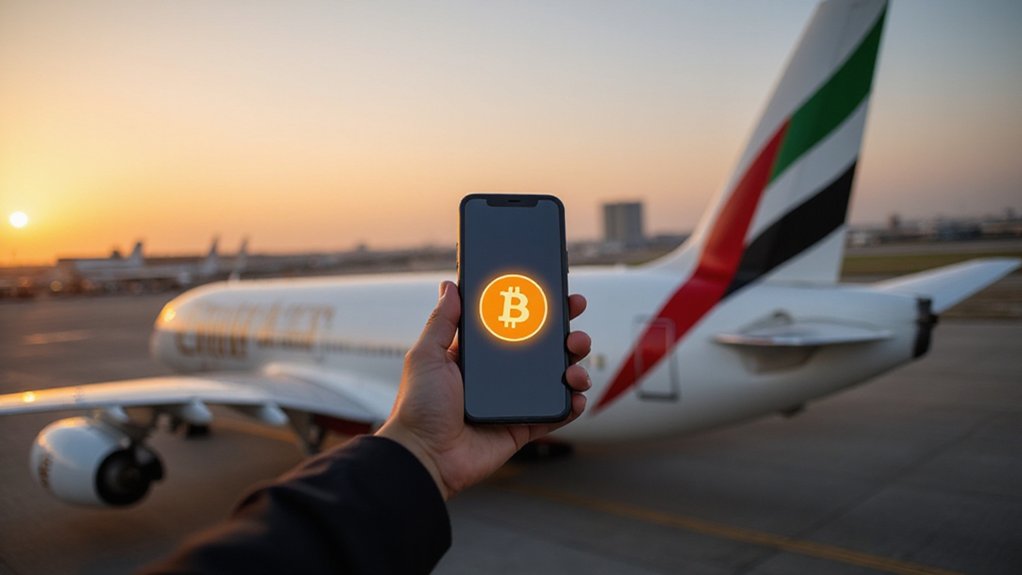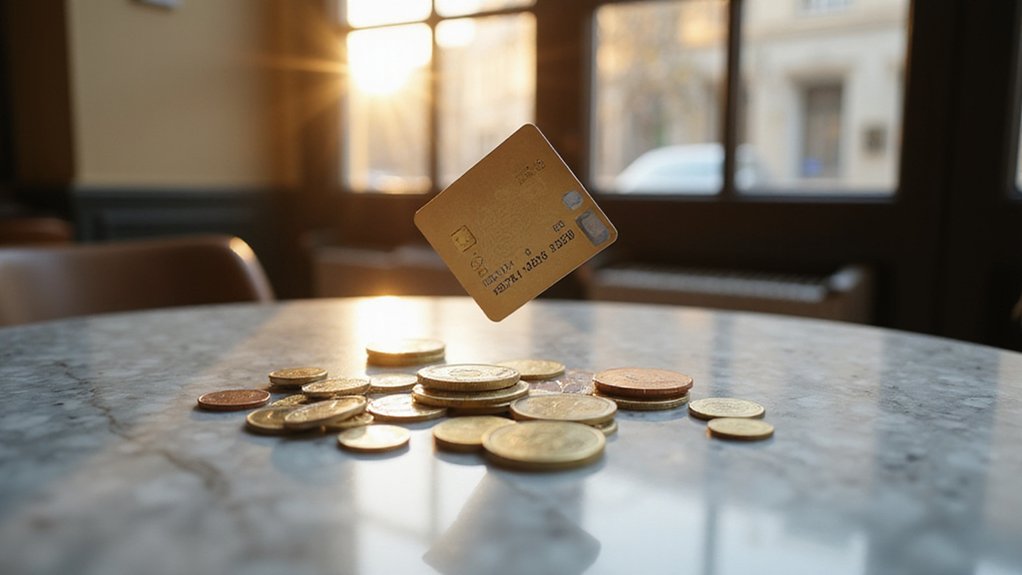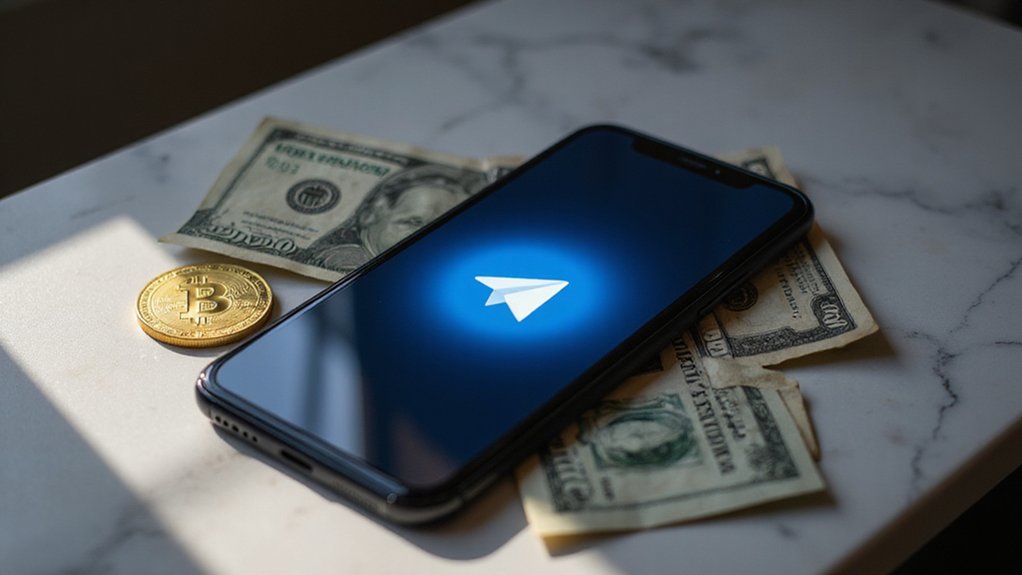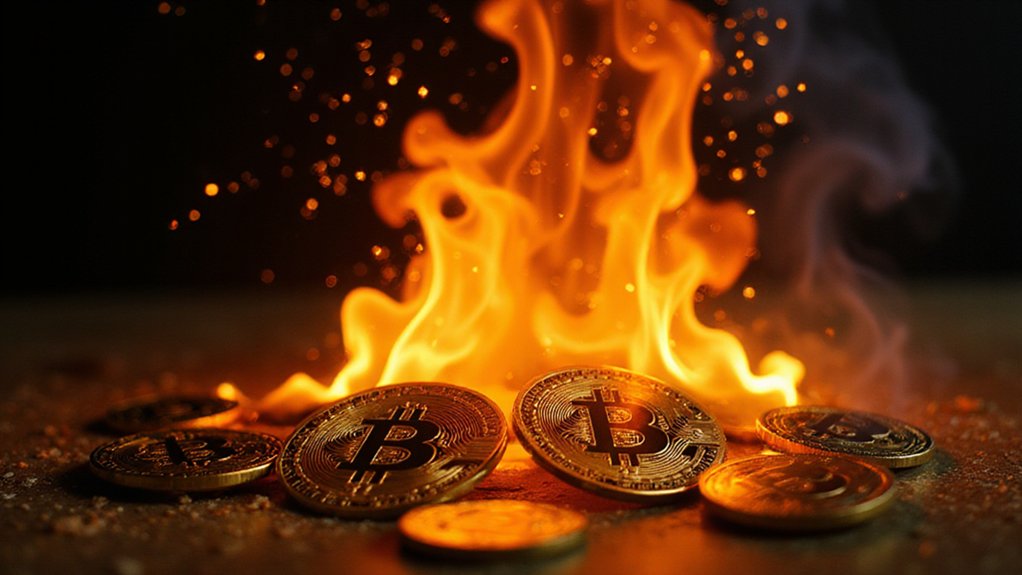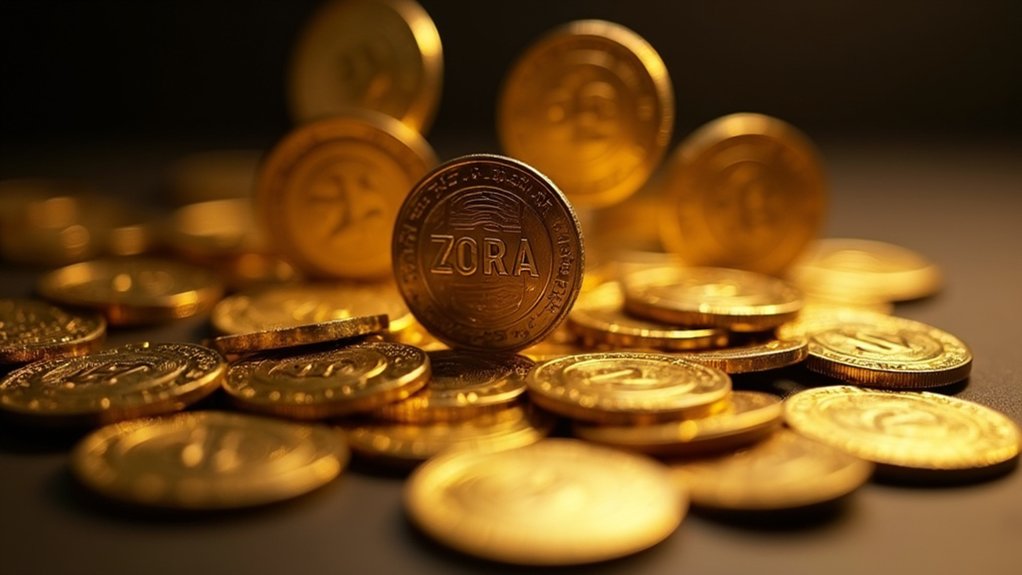PayPal has finally decided to embrace the inevitable—transforming what was once the domain of blockchain evangelists and Reddit threads into a mainstream payment solution that launched on July 28, 2025, with its “Pay with Crypto” service. The platform now supports over 100 cryptocurrencies covering approximately 90% of the total crypto market value, targeting a market exceeding $3 trillion in capitalization.
The service’s architecture reveals PayPal‘s characteristic pragmatism: merchants receive familiar dollar payouts while consumers pay with their preferred tokens, creating what amounts to financial translation software for the crypto economy. Integration with major digital wallets—MetaMask, Coinbase, Binance, Kraken, Phantom, and Exodus—eliminates the wallet management burden that previously deterred mainstream adoption.
Central to this transformation is PYUSD, PayPal’s proprietary stablecoin that functions as both volatility shield and liquidity bridge. Fully backed by U.S. dollars, PYUSD automatically converts cryptocurrency payments at checkout, stabilizing merchant revenue flows while offering interest rates up to 4% on held balances. This mechanism effectively neutralizes the price volatility that has long plagued commercial crypto adoption.
PYUSD serves as crypto commerce’s stabilizing force, automatically neutralizing volatility while delivering predictable dollar settlements and competitive yields.
The fee structure presents compelling economics: introductory rates of 0.99% undercut traditional credit card processing fees (typically 1.5% to 3.5%), while cross-border payments see reductions up to 90%. Such margins matter considerably when merchants previously absorbed both processing costs and foreign exchange spreads. The promotional transaction rate remains available until July 31, 2026.
Perhaps most remarkably, the system operates invisibly—crypto payments process within seconds while maintaining the familiar merchant experience of dollar-denominated settlements. Merchants require no cryptocurrency expertise, wallet management, or blockchain knowledge; PayPal’s infrastructure handles the technical complexity while delivering simplified international commerce. This payment automation creates immutable records of all transactions, ensuring accountability and transparency that traditional payment systems often lack.
This development represents more than technological integration; it signals crypto’s evolution from speculative asset class to functional payment rails. By leveraging 25+ years of payment processing expertise, PayPal has fundamentally created a cryptocurrency abstraction layer that preserves user preferences while eliminating merchant friction. The initiative makes over 650 million crypto users accessible to merchants through PayPal’s established payment network.
Whether this marks crypto’s true mainstream moment or merely another evolutionary step, PayPal has positioned itself as the bridge between traditional finance and digital assets, transforming what was once considered fringe technology into conventional payment infrastructure.
